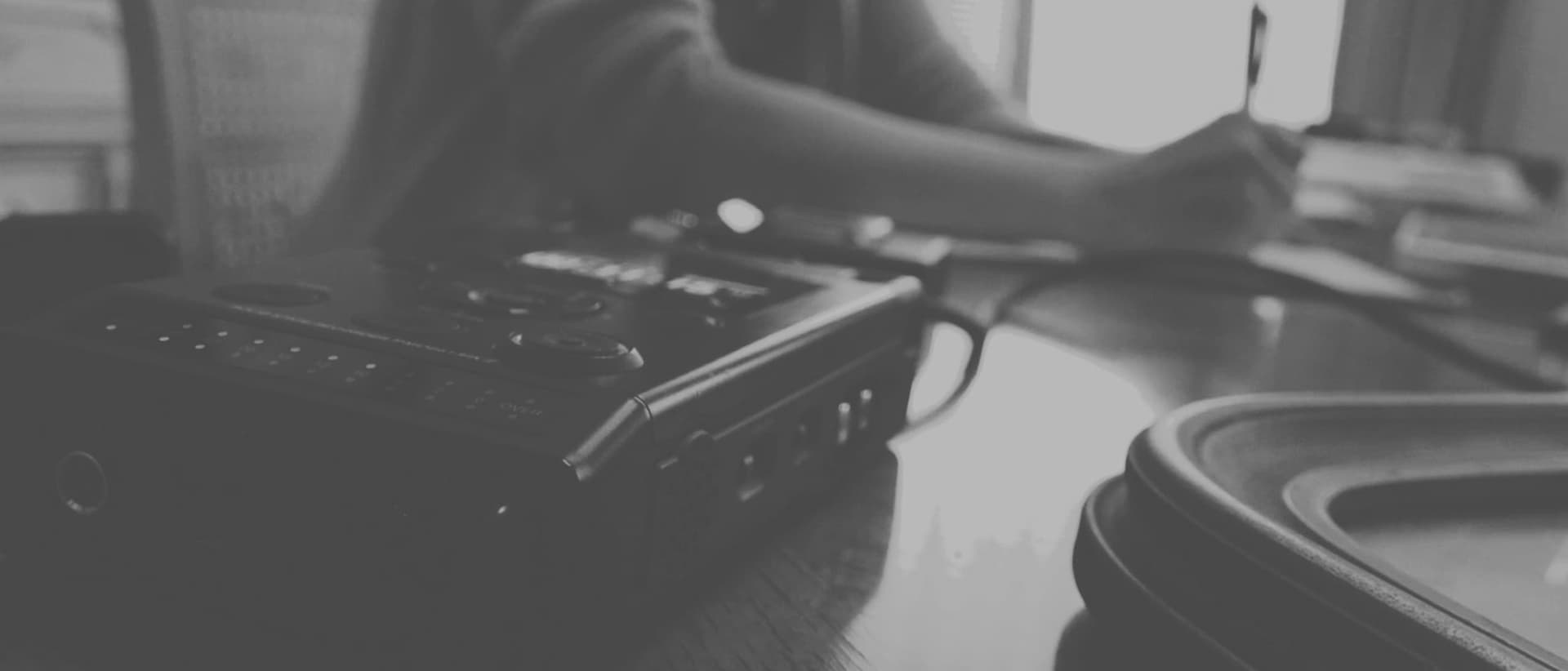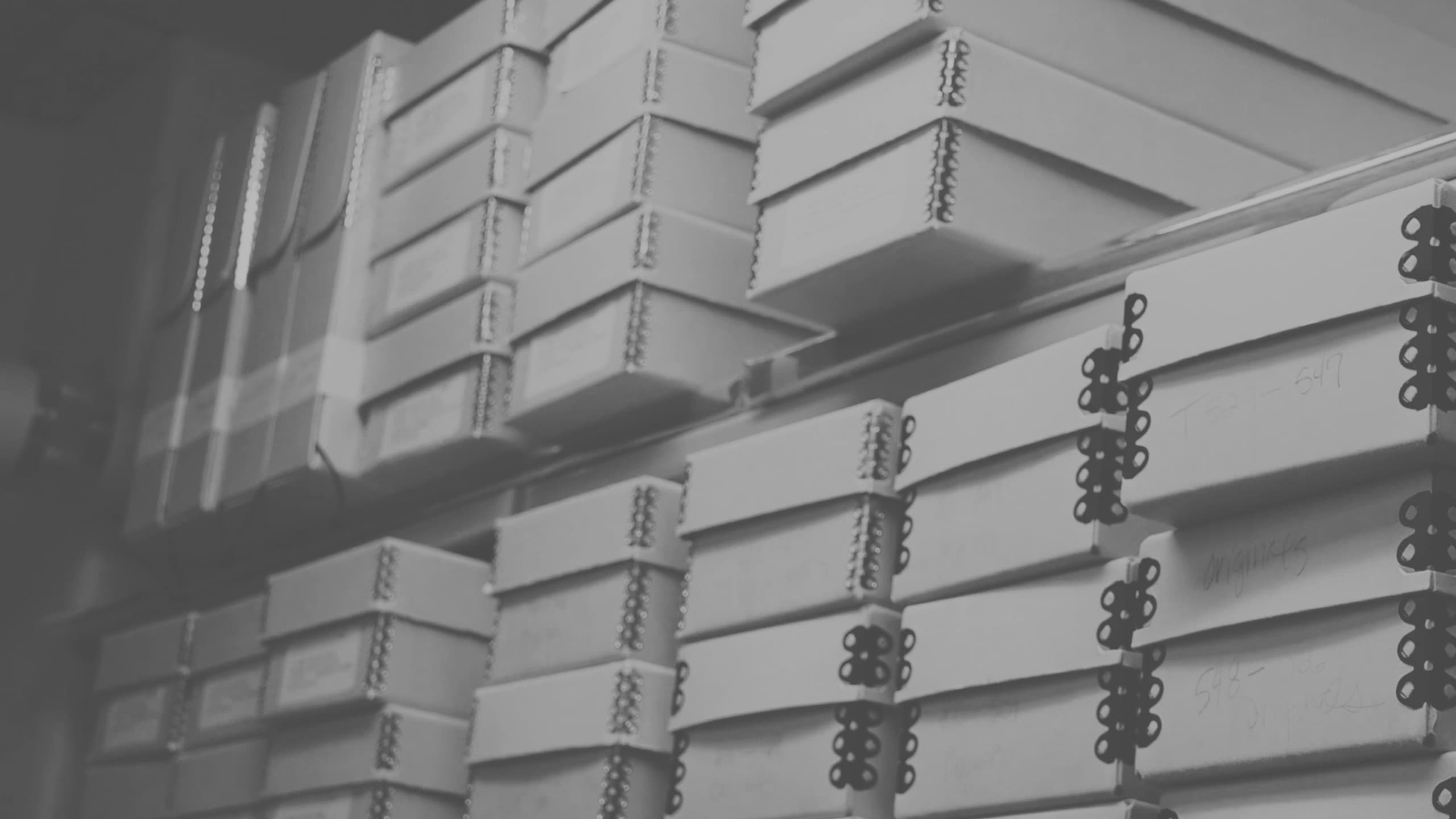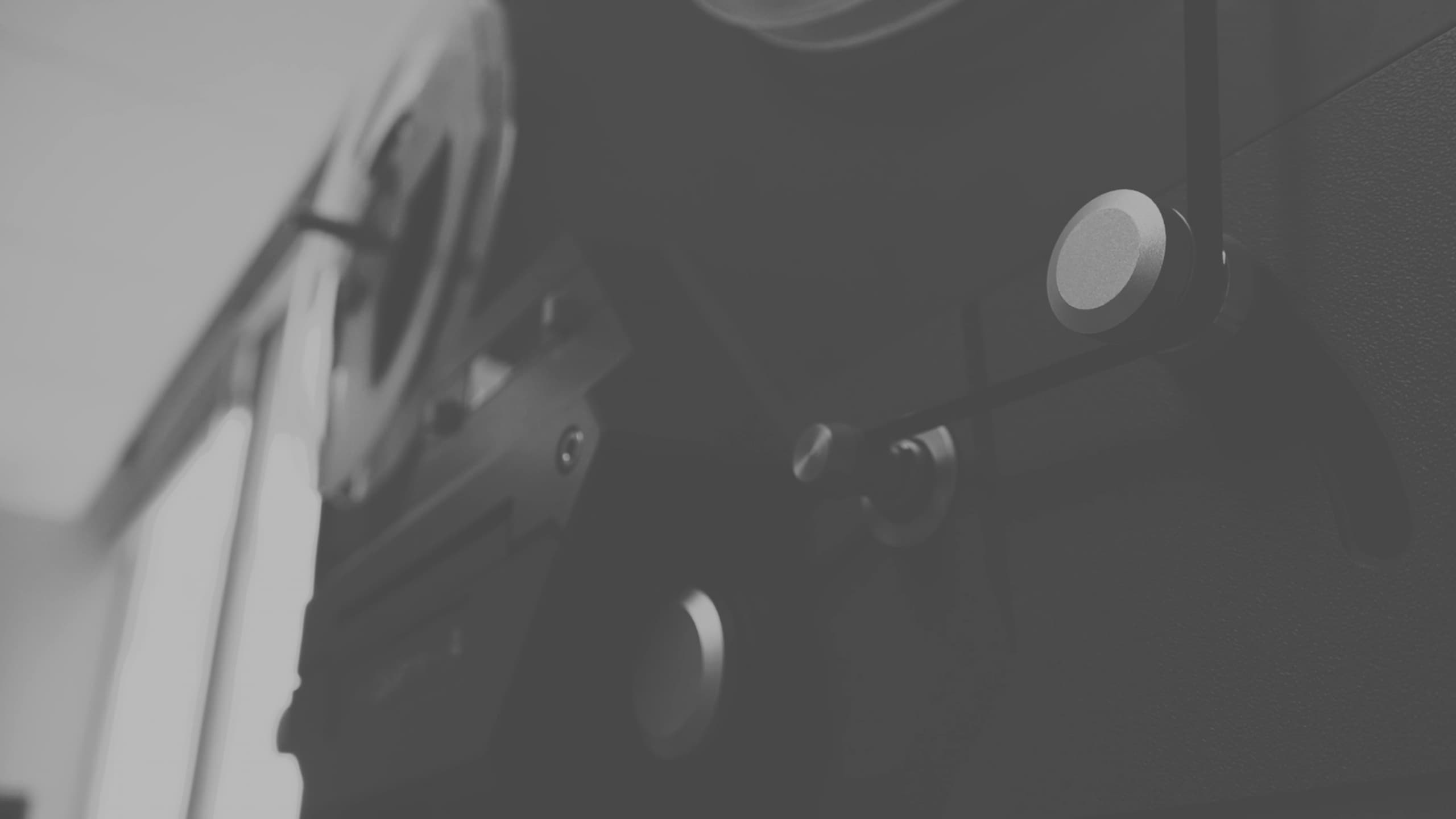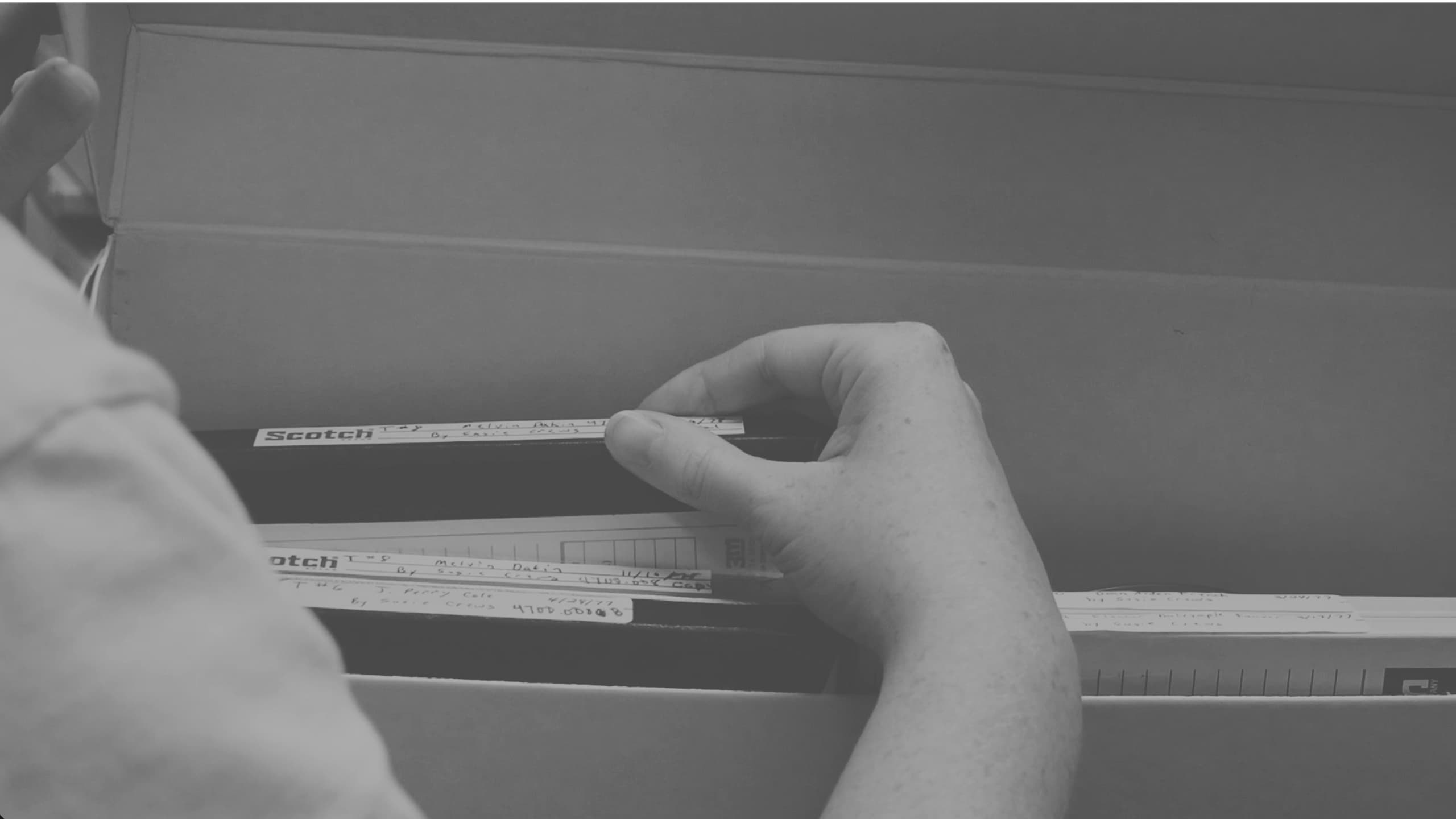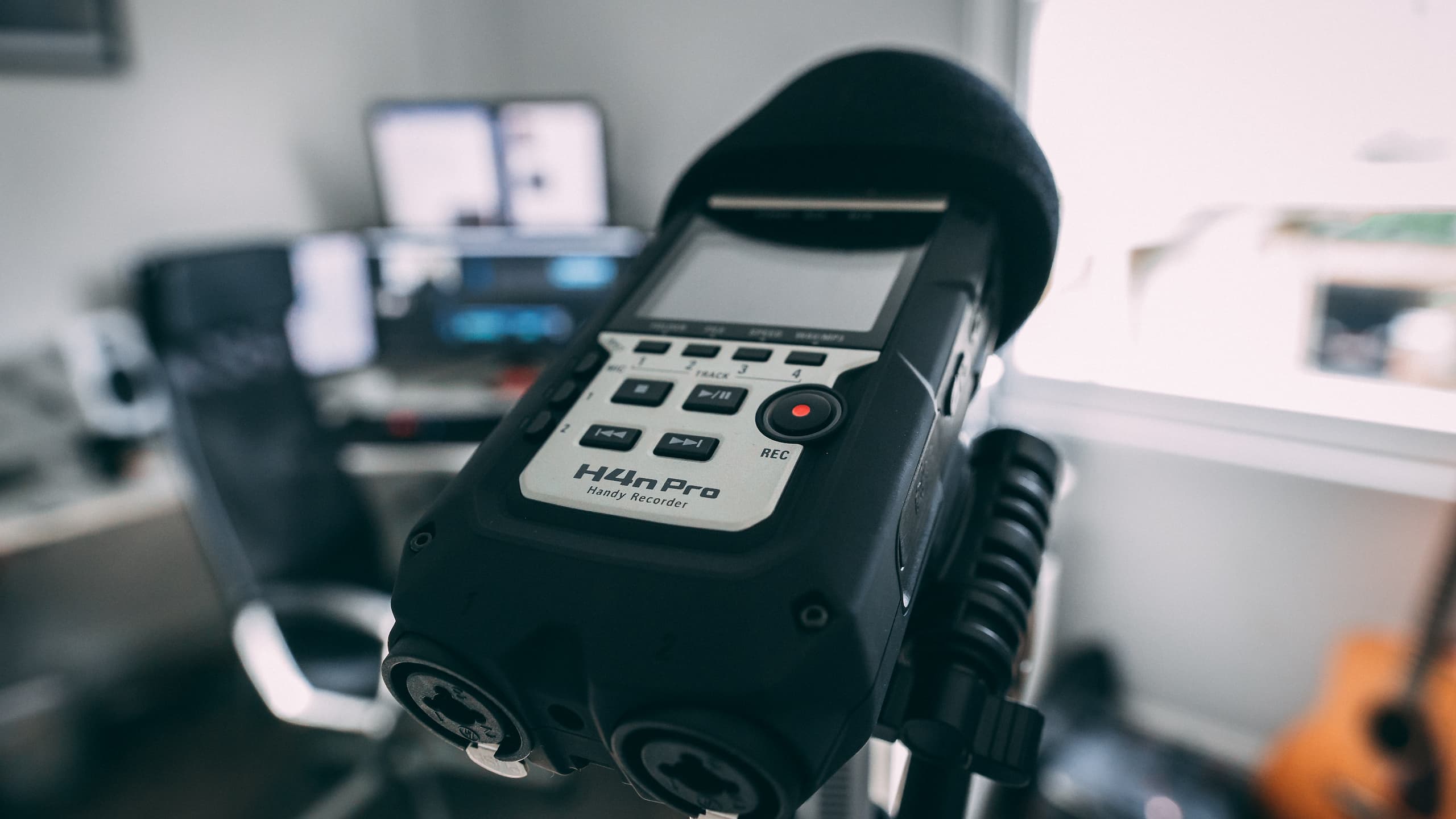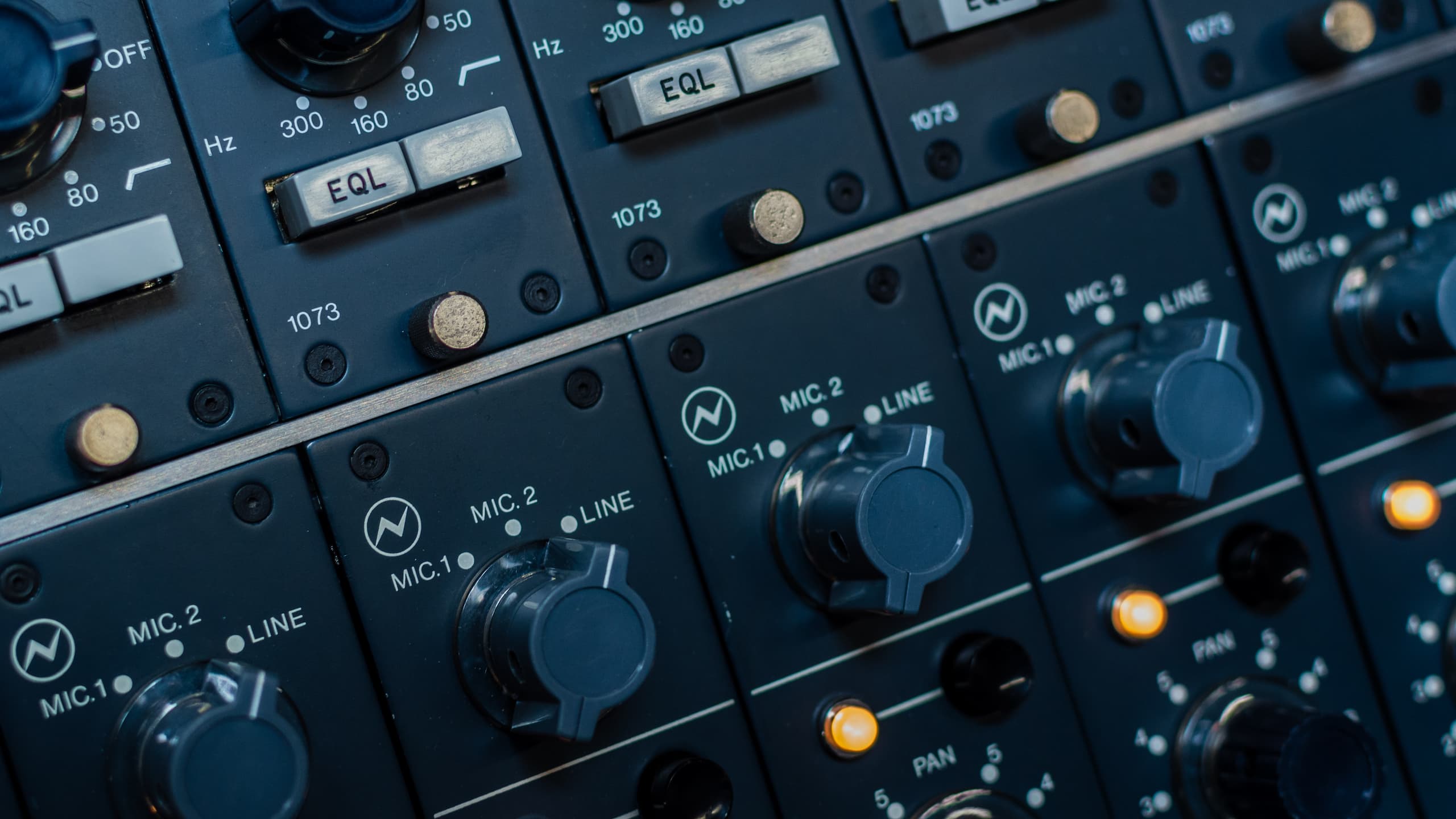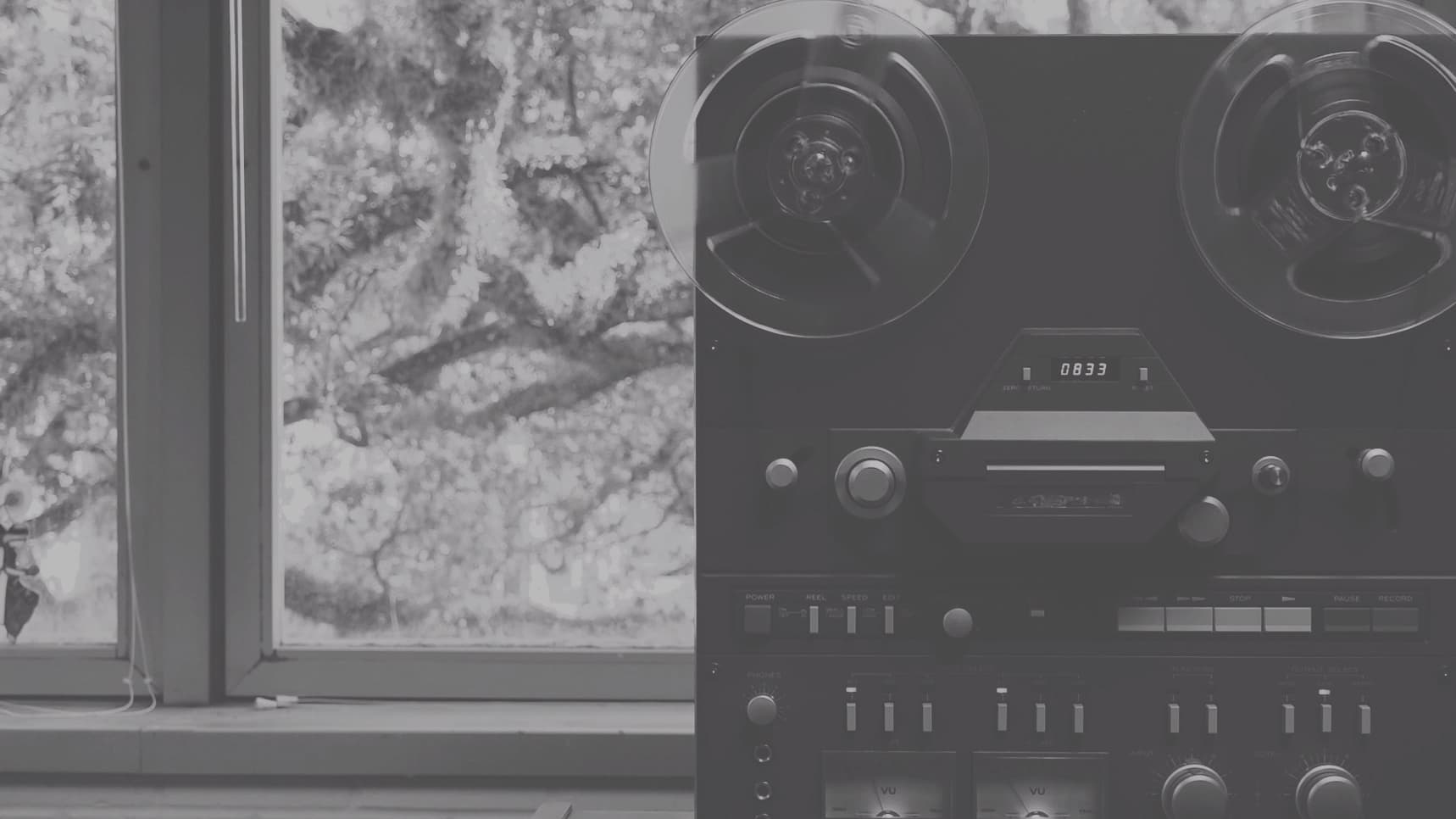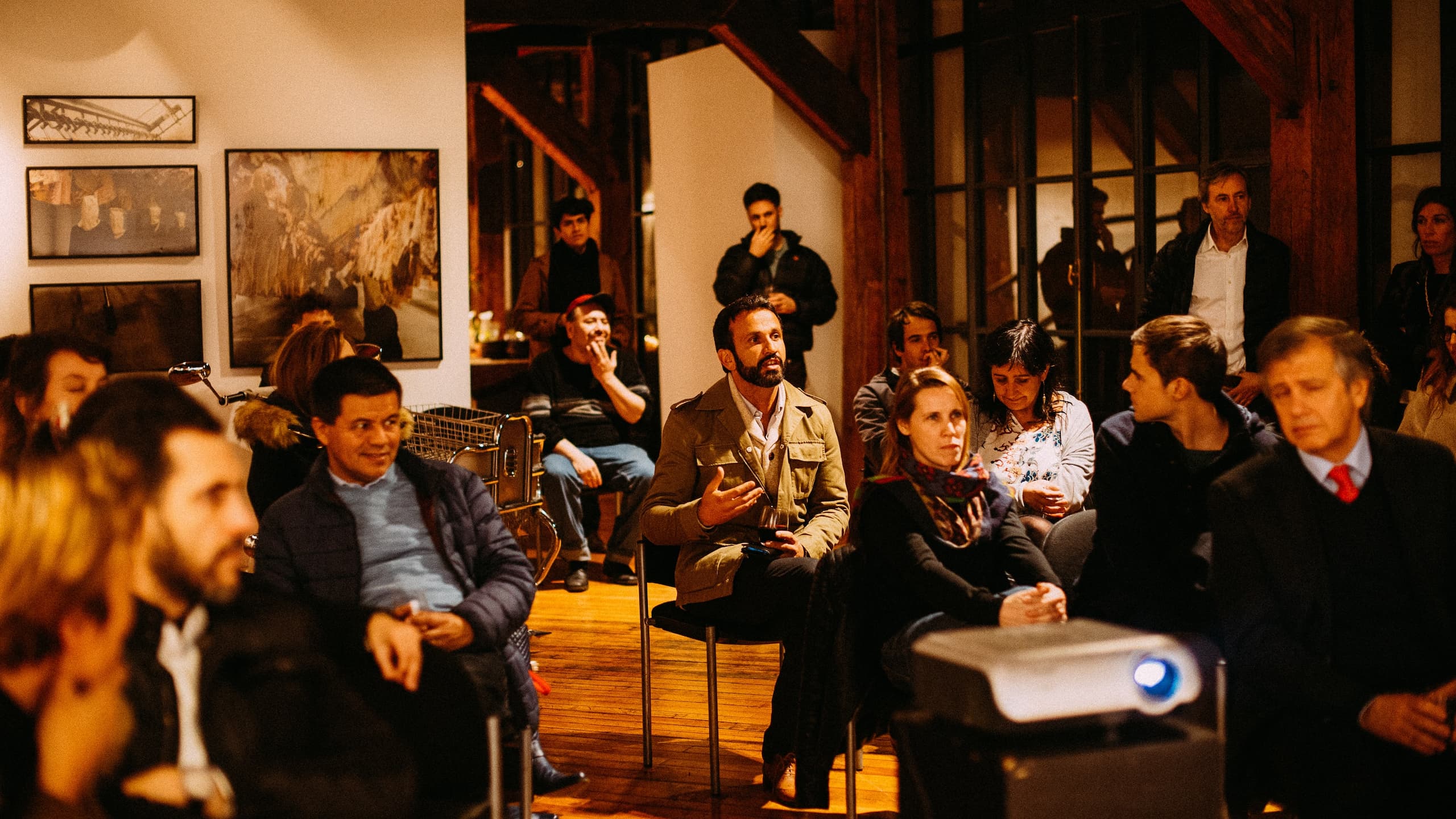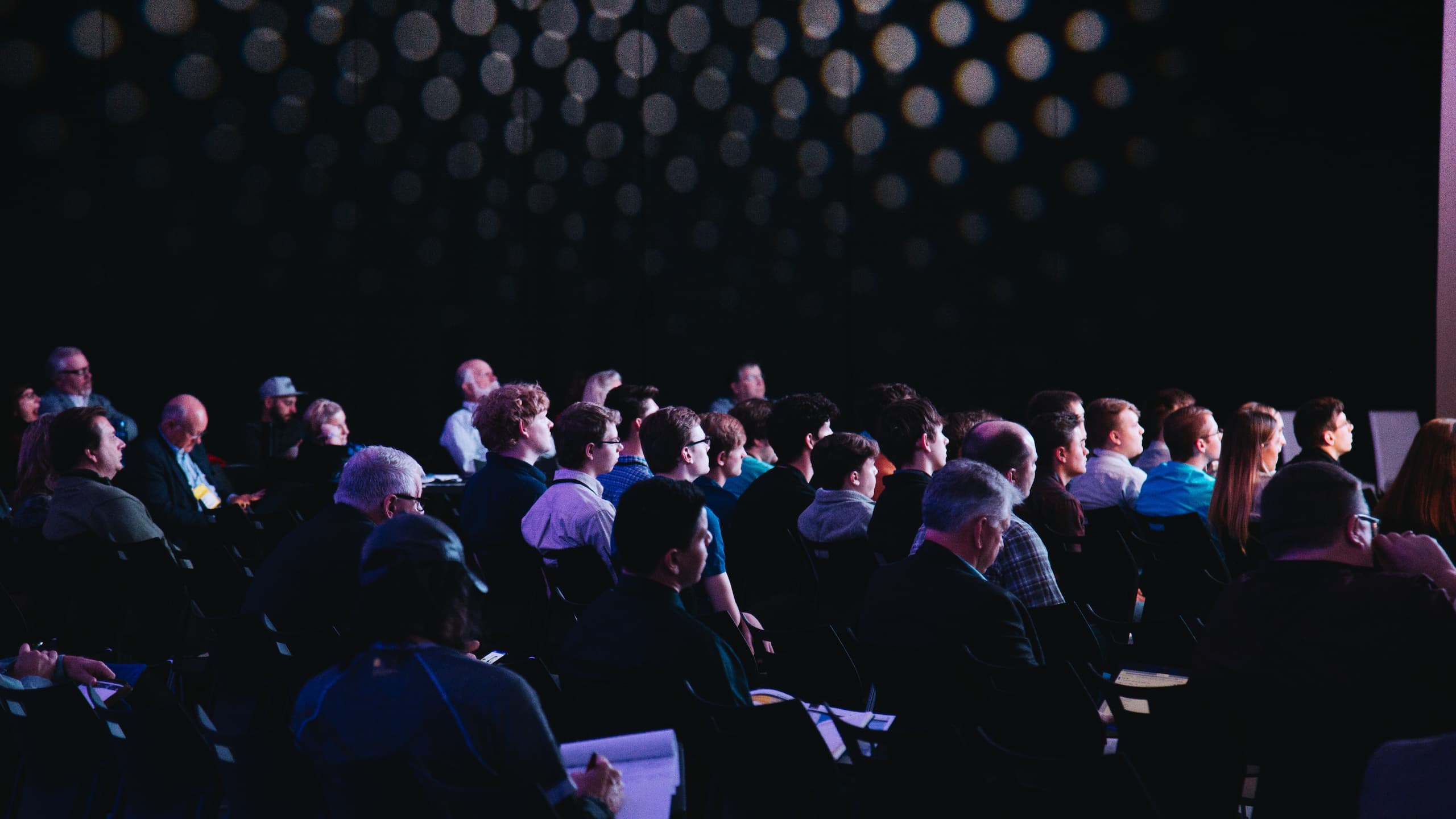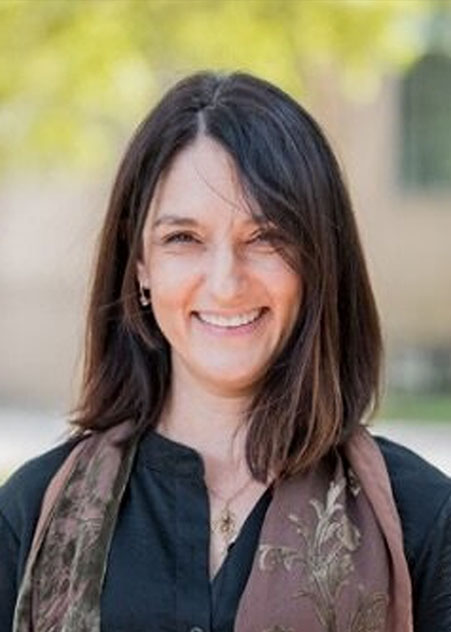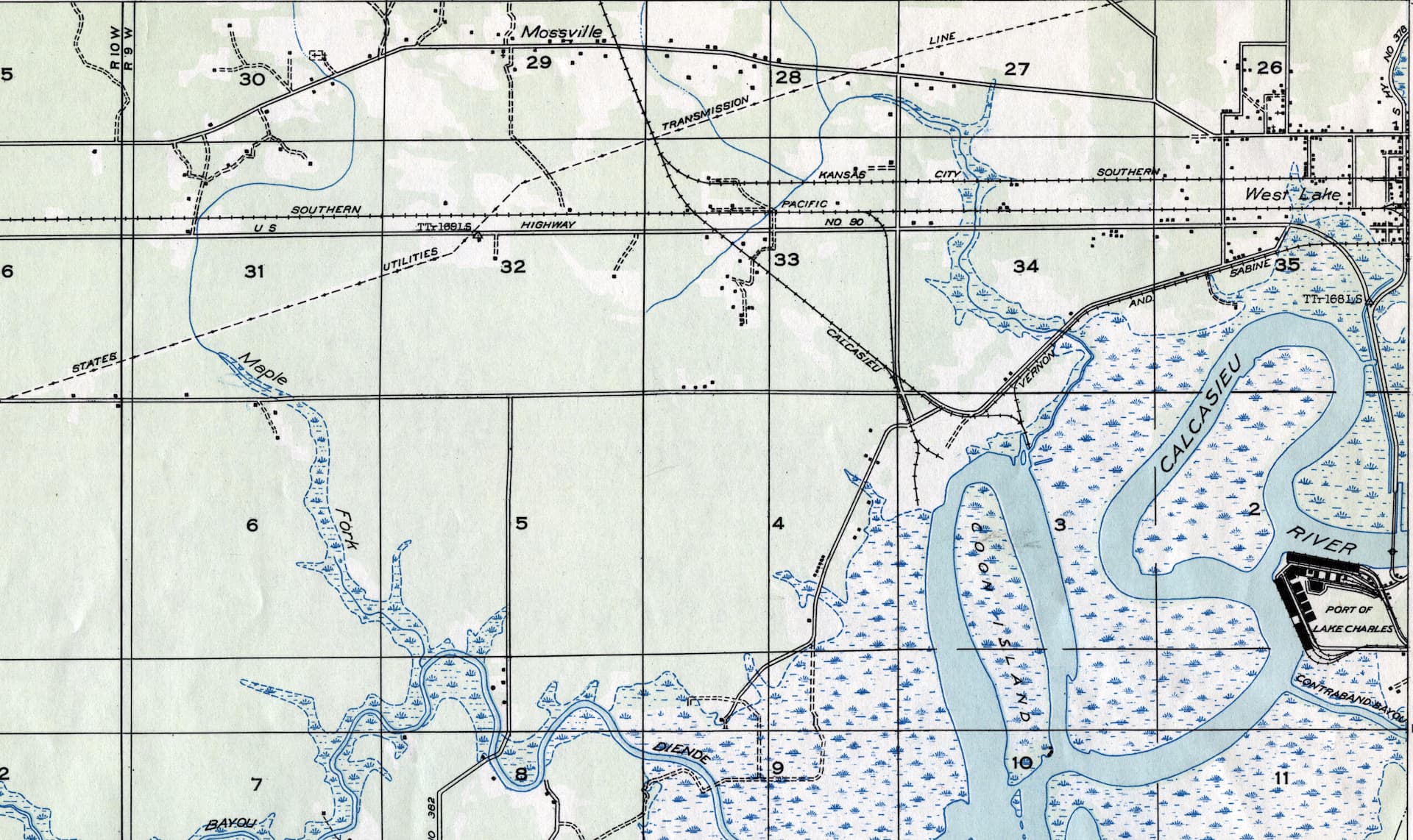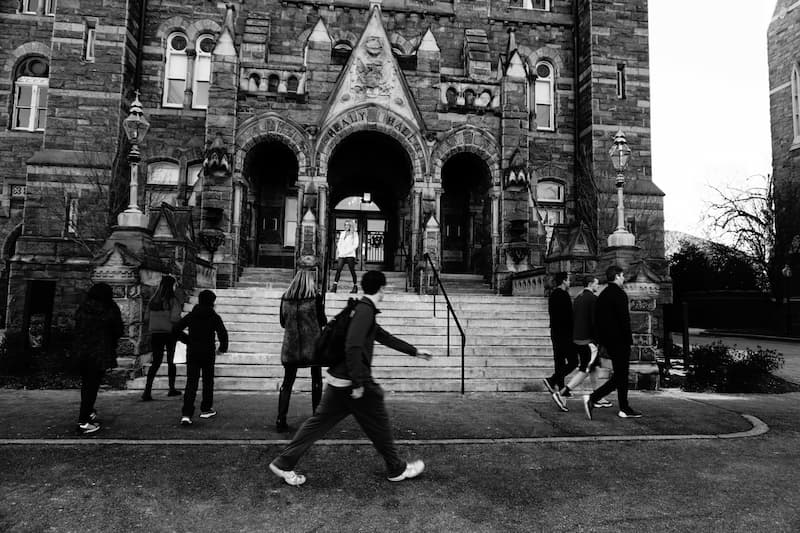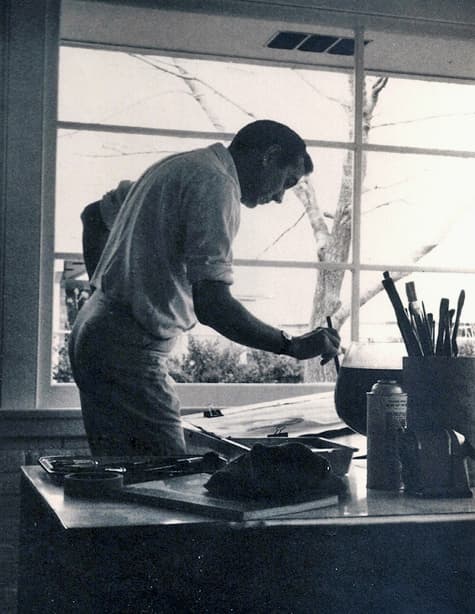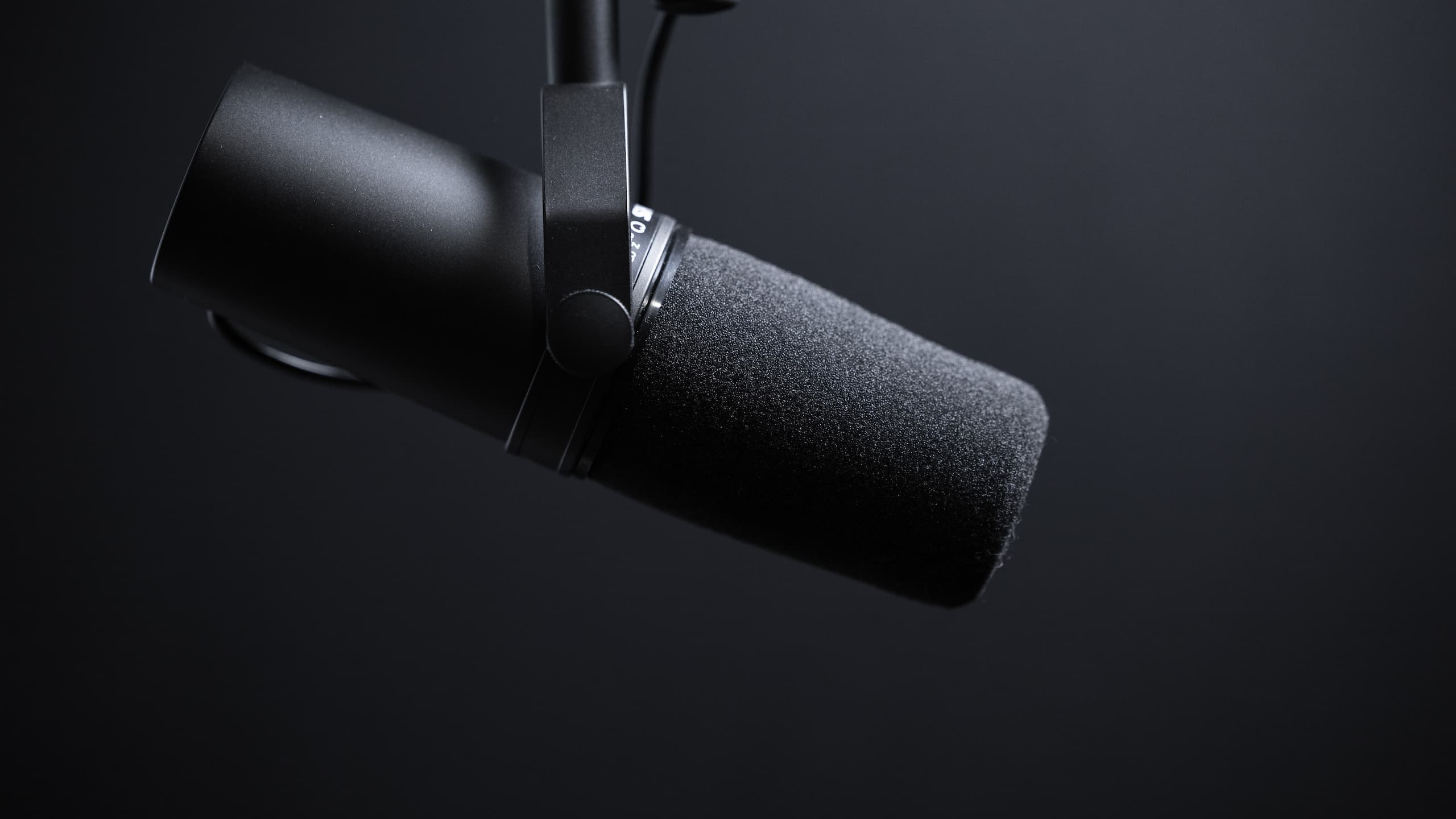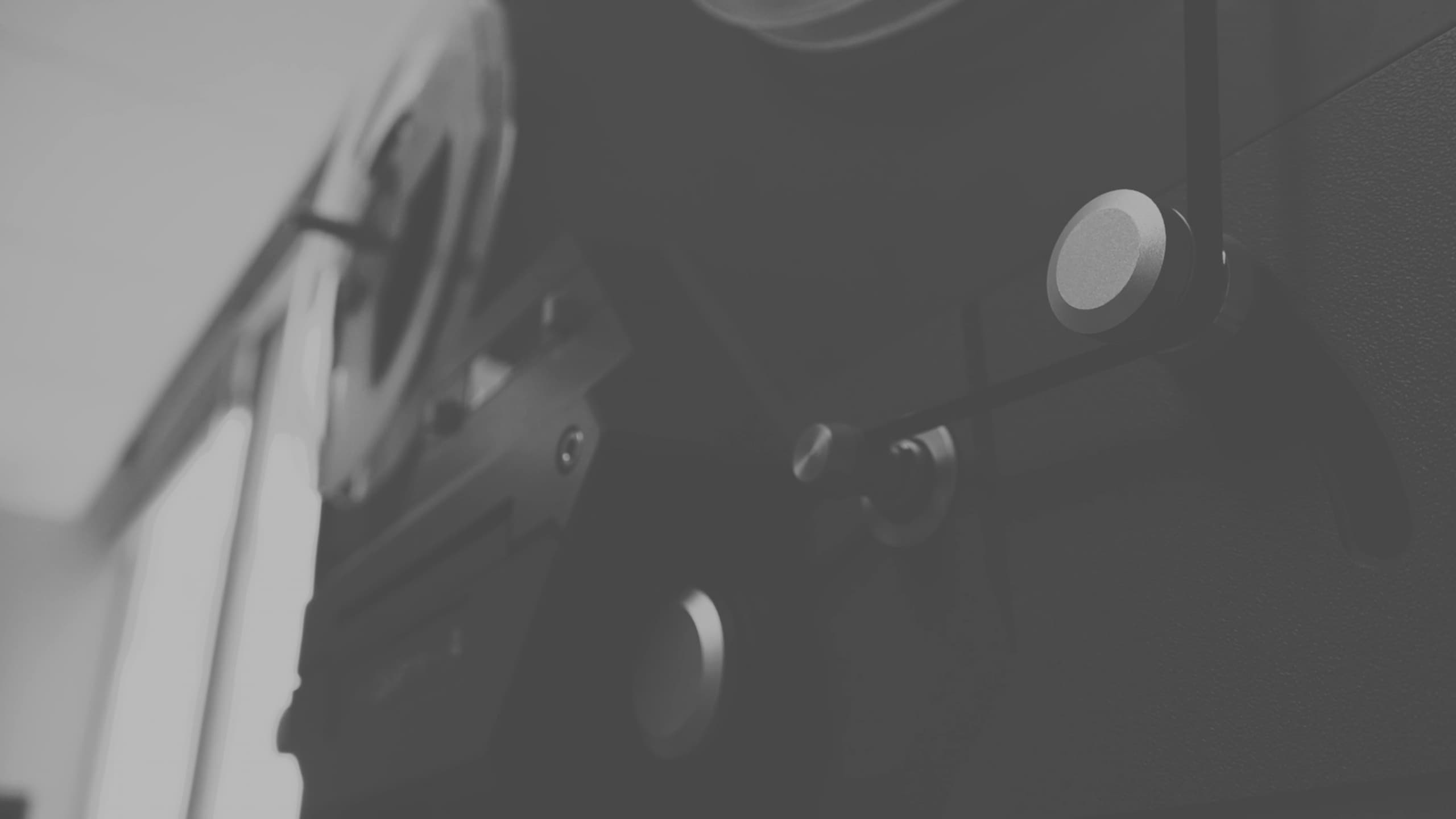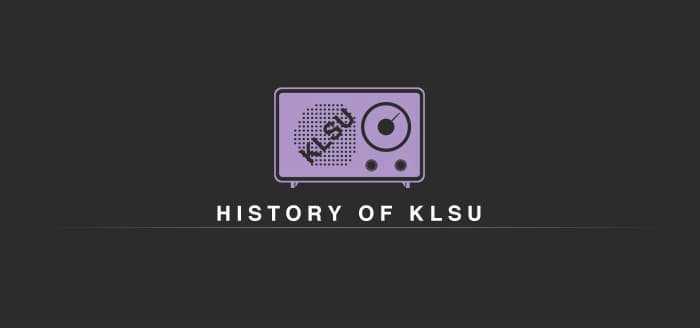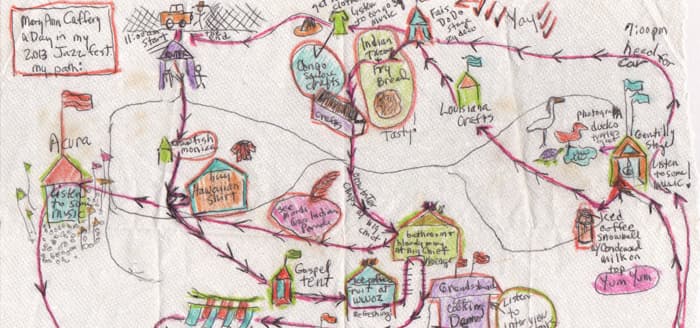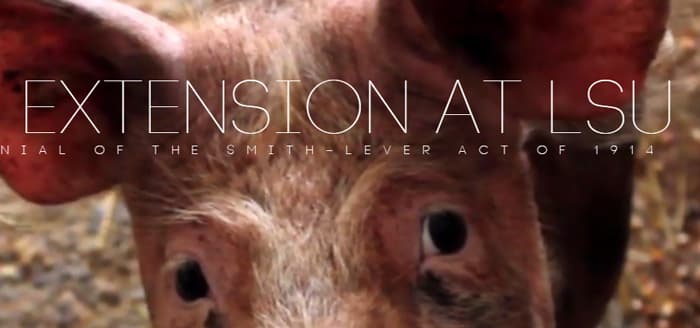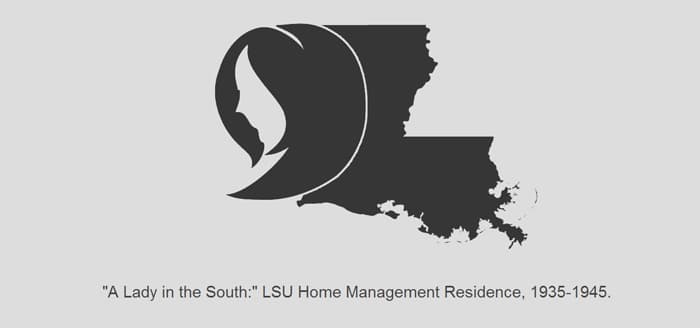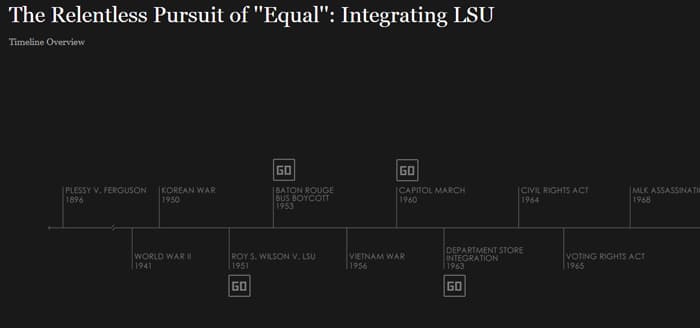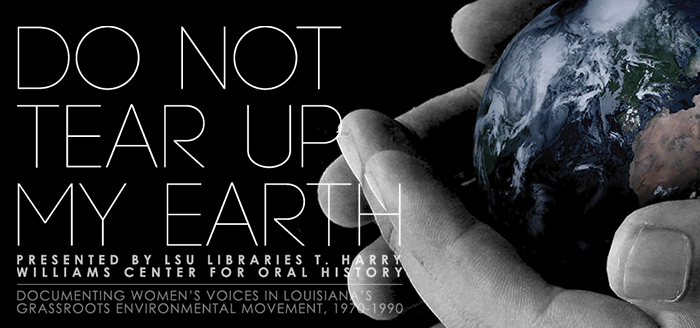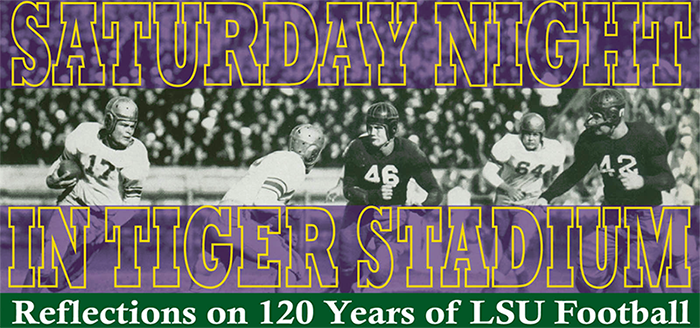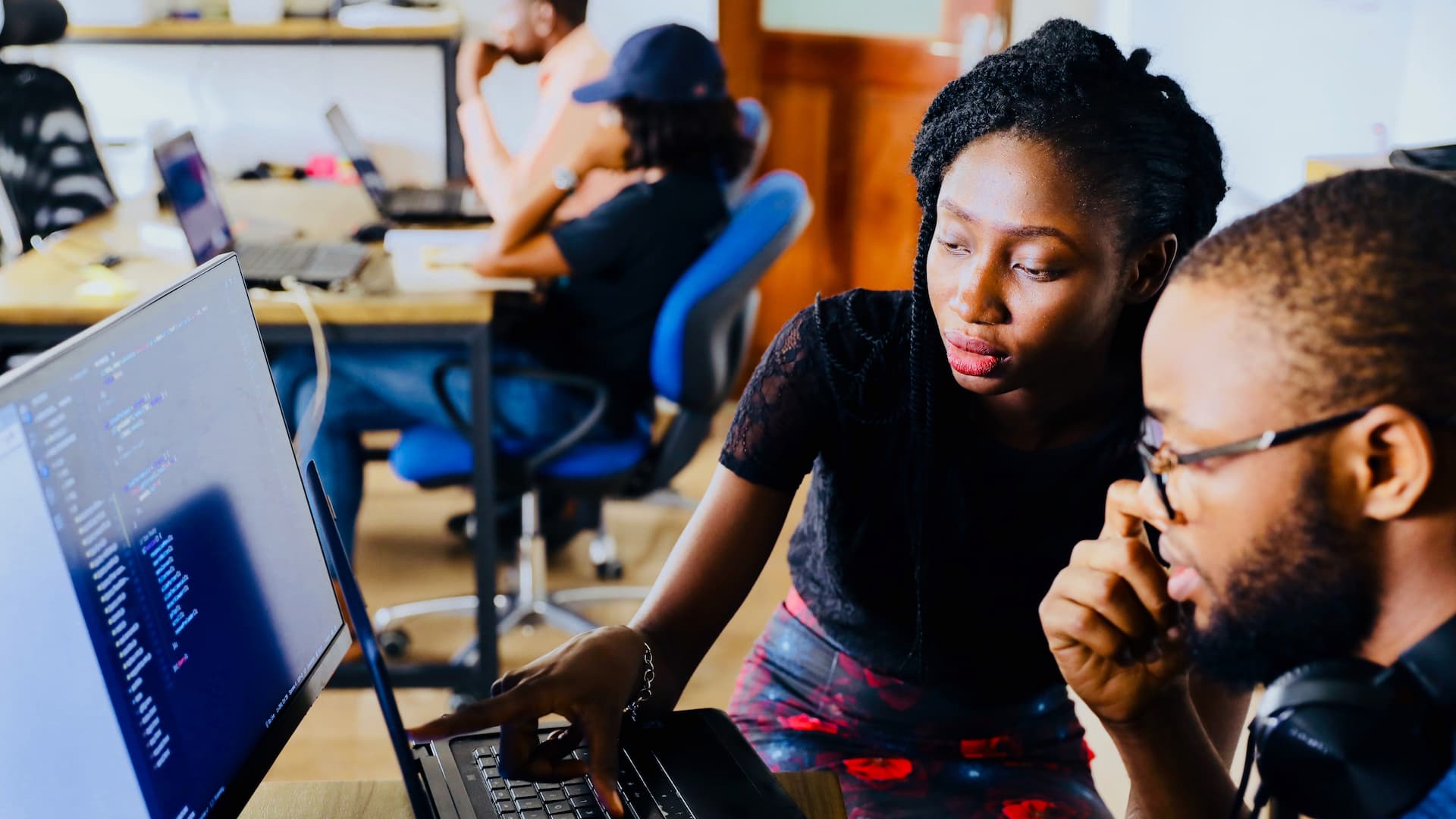The T. Harry Williams Center for Oral History is by far the largest and most comprehensive oral history repository in the state of Louisiana, and one of the largest in the South. It has earned a strong reputation for providing interdisciplinary outreach to academic and independent scholars, secondary and higher education professionals, and community groups by providing specialized leadership and educational tools for best practices in the field.
The Williams Center, named after the renowned historian and Pulitzer Prize-winning scholar, T. Harry Williams, was founded in 1991 with a three-fold mission:
- To document Louisiana culture and history through recorded oral history interviews;
- To preserve the oral histories collected and make them available to researchers; and
- To actively engage in outreach, assisting university and public community members in learning about oral history research, and in creating their own projects.
For the past three decades, the center has upheld this mandate to document Louisiana's past and culture by preserving sound recordings of interviews with people who experienced history in the making. Our collection consists of more than 6,500 hours of interviews that cover more than 75 different topics. While our staff developed many of the core research projects on university history, civil rights, Louisiana politics, and veteran history, a significant number of the William Center's unique collections are the result of outreach and collaboration with community groups, individual scholars and researchers, like-minded organizations, and classes working on projects. To learn more about these collections, please visit our collections page.
